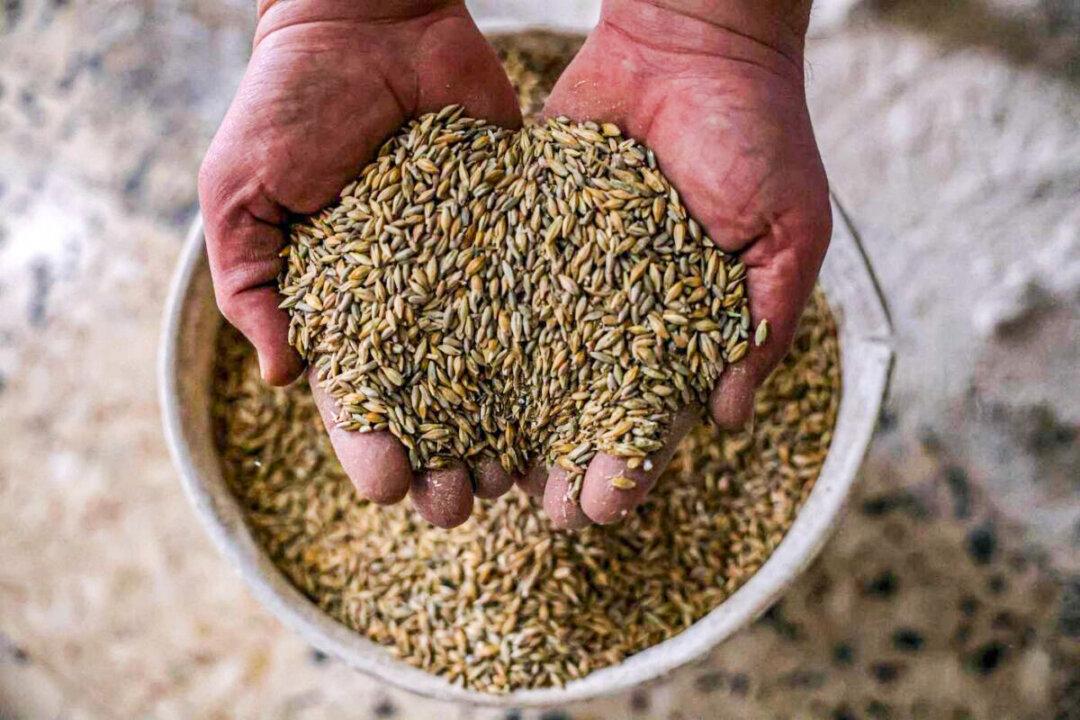The White House anticipates a global food shortage due to the full-scale invasion launched by Russian President Vladimir Putin, press secretary Jen Psaki said on Monday.
Psaki said that although the United States is not likely to be impacted by a food shortage, the White House does expect that higher energy, fertilizer, wheat, and corn prices sparked by the Ukraine invasion could impact the price of growing and purchasing critical food supplies for countries around the world.





